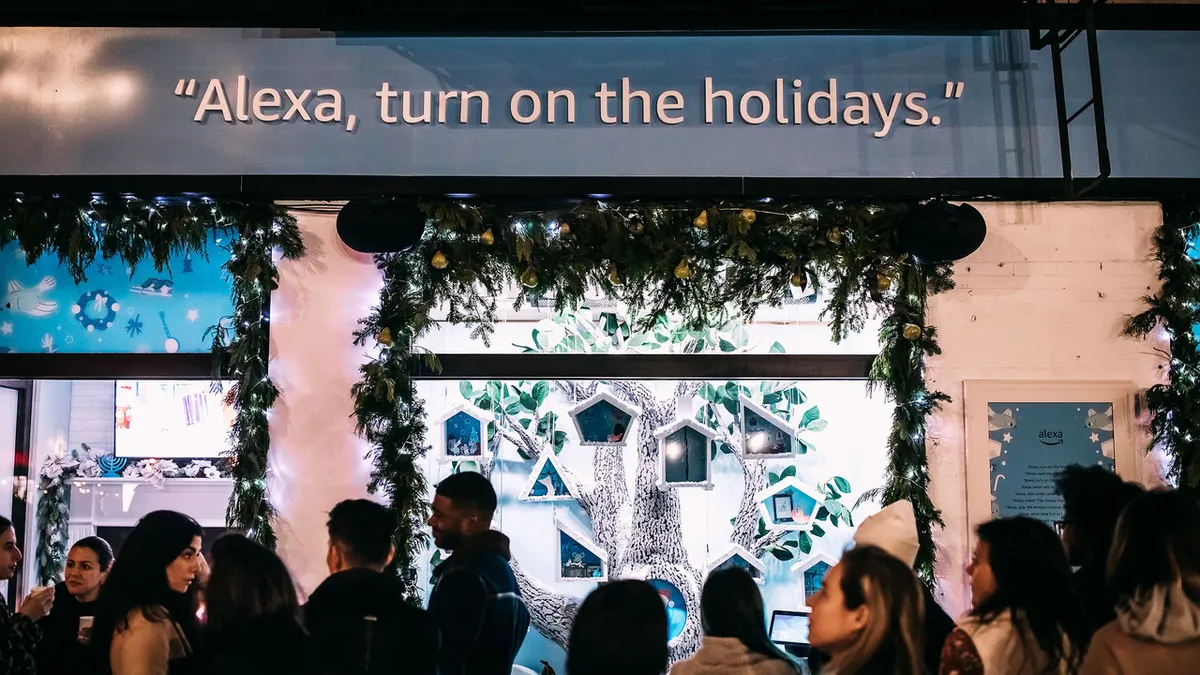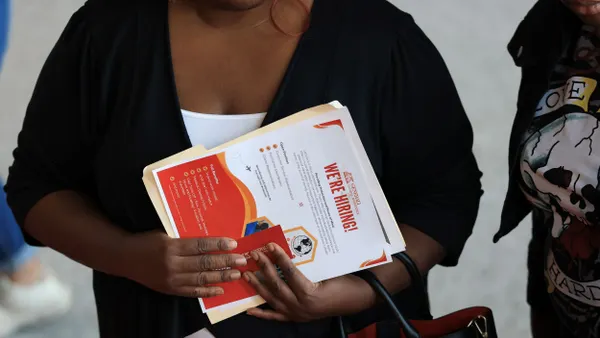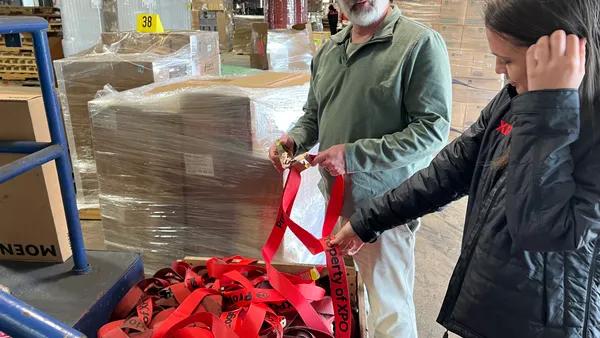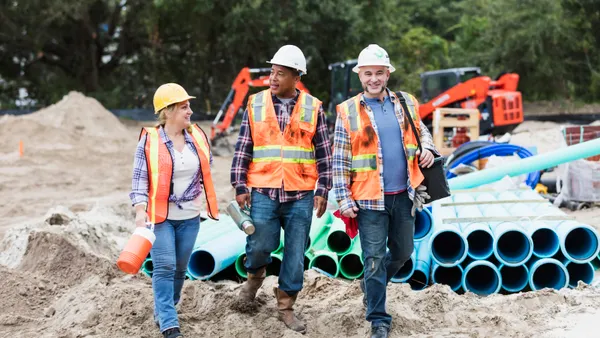Dive Brief:
- Amazon plans to lay off as many as 10,000 employees, starting this week, with a focus on its retail operations and device division including Alexa, as well as human resources, the New York Times reported Monday.
- The scope of the layoffs, if it remains around that number, reflects about 3% of its corporate workforce and less than 1% of its global workforce, according to the Times report.
- Amazon didn’t immediately return a request for comment.
Dive Insight:
Amazon has previously said it is pausing hiring, first in its retail operations and then companywide, in the face of an uncertain macroeconomic environment. More recently, the company was reportedly scrutinizing unprofitable divisions, also encompassing its retail division as well as Alexa, the device once seen as capable of expanding its product sales. Now, hiring freezes appear to be morphing into actual downsizing.
Two years ago many analysts already viewed smart device features like Alexa as failing to meet expectations for driving purchases in light of consumer hesitations. The voice assistant is routinely drafted to coax holiday shoppers to buy, and Amazon again this year said Alexa users can access its 48-hour Black Friday sales event starting Nov. 24 by asking, “Alexa, what are my deals?” The devices are also offered at deep discounts at the holidays, and this year the company’s Alexa-enabled Echo machines will be up to 70% off, according to a Monday release from Amazon.
Amazon joins several tech companies including Facebook owner Meta, Twitter and others that have also announced significant layoffs in recent days. At Amazon, the focus on retail is unsurprising in light of the fact that its primary revenue growth drivers are advertising, subscriptions, logistics and its AWS cloud service and not retail sales of goods. Late last month the company warned that profits could be as low as zero in the fourth quarter.
The company must also pull back on expansion plans made during the height of the pandemic as e-commerce skyrocketed, only to drift back to earth as consumers returned to shopping in stores.















